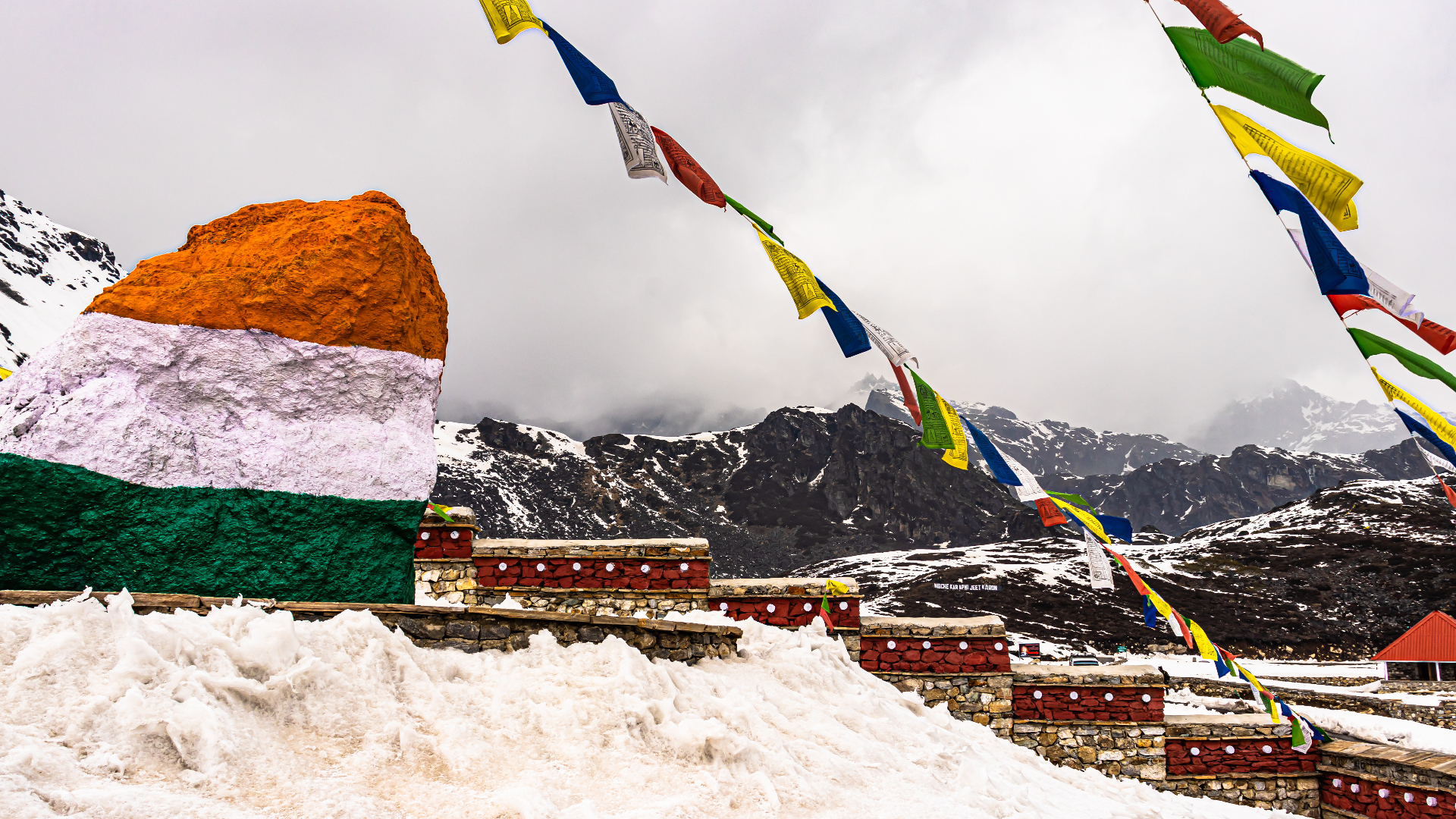Recently, Chinese and Indian troops have clashed along the Line of Actual Control at the Sino-Indian border in Arunachal Pradesh, but this is not the first time the two countries have clashed. In fact, India and China have faced off many times before, including through major armed conflicts in 1962 and 1967 and many more border clashes in 2013, 2017 and 2020.
Underpinning these clashes are the territorial disputes between India and the People’s Republic of China (PRC). India and China both lay claim to two regions, Aksai Chin and Arunachal Pradesh, the latter currently being a part of India while the former is occupied by the PRC.
While border disputes often occur due to two (or more) nations having deep rooted historical claims on the same land or having communities with clashing loyalties reside in the same land, the dispute between India and China over Arunachal Pradesh is not one of them. Indeed, dispute over Arunachal exists mainly because of the Chinese government’s expansionist policies which are neo-colonialist in nature.
In over 70 years of existence, the People’s Republic of China has gained notoriety as an expansionist regime. The PRC has territorial disputes with numerous countries in the region, including Bhutan, Japan, Vietnam, and more. The PRC has also made repeated threats to use military force to invade Taiwan, with the most recent one in 2022.
Why does the Chinese regime claim Arunachal Pradesh?
The Chinese Government’s claims over Arunachal Pradesh are wholly unjustified and built on flawed arguments. They claim Arunachal Pradesh as a part of South Tibet, or Zangnan, arguing that the region has been a part of China since ancient times and that many of China’s minority communities such as Tibetans and Moinbas live there.
Firstly, it is important to note that, while Tibetans and Moinbas do live in Arunachal, they are not the only inhabitants of the State, other communities such as the Adi, Aka, Singpho, Bori, etc. also inhabit Arunachal.
Furthermore there is no reason to believe that the Tibetans in Arunachal actually wish to live under the rule of the PRC. In fact, many Tibetans of India are not only against Arunachal becoming a part of China, but are also actively vocal about their disapproval of the Chinese occupation of Tibet, exemplified by the likes of Tenzin Tsundue. Moreover, India is home to the Tibetan government in exile, which is staunchly opposed to Chinese expansionism and their occupation of Tibet.
Despite many of Arunachal’s border states having a history of insurgency and separatist movements, there has never been any major separatists or insurgent movement among the Tibetan population of Arunachal Pradesh..
The Chinese Government’s argument that Arunachal should belong to them because of historical ties is flawed too. Some areas of Arunachal may have been part of China under the Yuan dynasty,however the Yuan dynasty also controlled parts of modern day Russia, Myanmar and North Korea — regions which the People’s Republic of China does not lay claim to.
It should also be noted that parts of China too were under control of different countries throughout history such as Japan, Mongolia, Great Britain, etc. Would it thus be justified if any of these nations made claims to Chinese territories? It certainly would not — although the Chinese Government’s own logic would imply that perhaps it should be.
It should also be taken into account that even though parts of Arunachal may have been ruled by China under the Yuan dynasty, the region did not remain part of China permanently. For most of its modern history, Arunachal was part of British India, and later a part of the Union of India.
Ultimately, the preference of a region’s inhabitants as well as international agreements are far more relevant factors when determining its status than claims based on ancient history and expansionist aggression.
The people of Arunachal Pradesh do not want to join China
There is no proof that suggests that the people of Arunachal wish to be a part of the People’s Republic of China. There are no major insurgent movements, let alone any influential pro-PRC or pro-CCP groups, parties, or activists.
In fact when Arunachalis participated in the state legislative assembly elections, they overwhelmingly voted for parties supporting Arunachal’s status within India such as the BJP and the INC. There is no evidence that suggests that any party elected in the Arunuchal state legislature or to the Indian parliament from Arunachal have any wishes to hand over Arunachal to China.
On the other hand, there are numerous pro-independence Tibetan groups who oppose Chinese occupation, including the Tibetan government in exile, International Tibet network, and Students for a Free Tibet, among others.
Arunachal Pradesh is an integral part of the Republic of India and the Chinese regime’s claims and continued aggression are in my opinion neo-colonialist and expansionist in nature.
The international community should speak out against the expansionist PRC government’s aggression, if the world fails to stand up to the PRC aggression, we risk having an authoritarian government cause wars and instability across borders.
For more content on related issues, be sure to check out our Free Society video playlist by clicking on the button below.
This piece solely expresses the opinion of the author and not necessarily the organization as a whole. Students For Liberty is committed to facilitating a broad dialogue for liberty, representing a variety of opinions.



